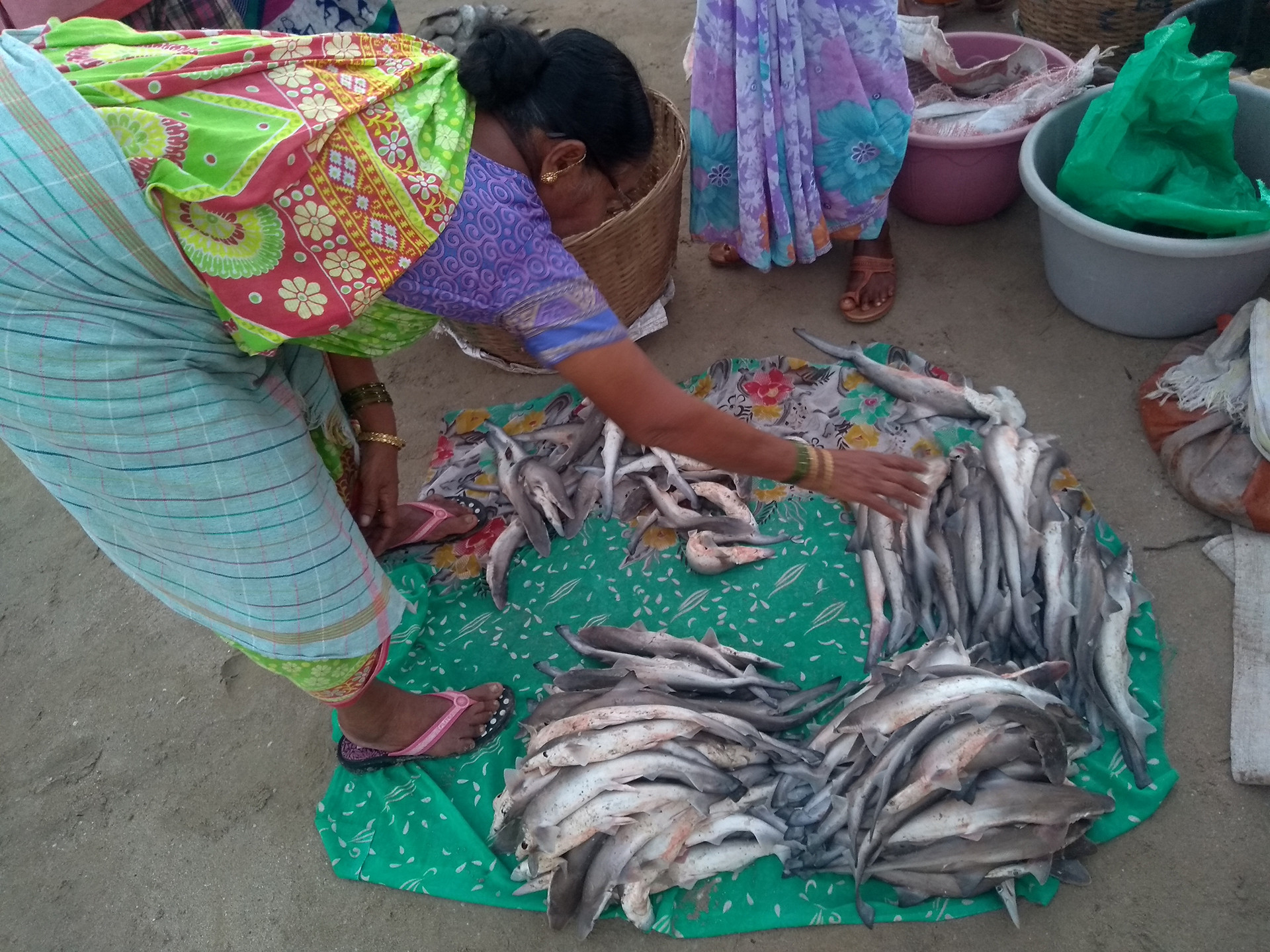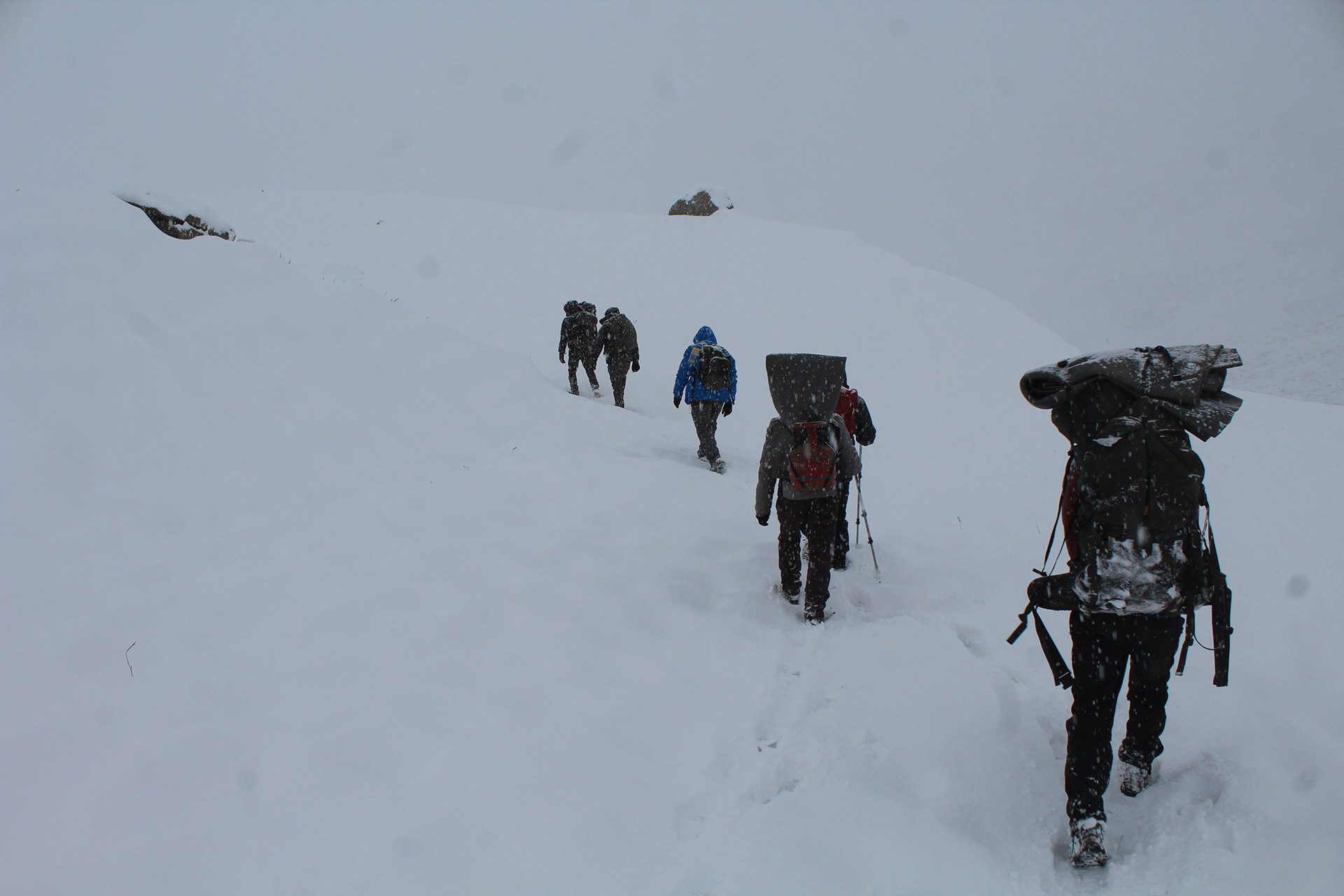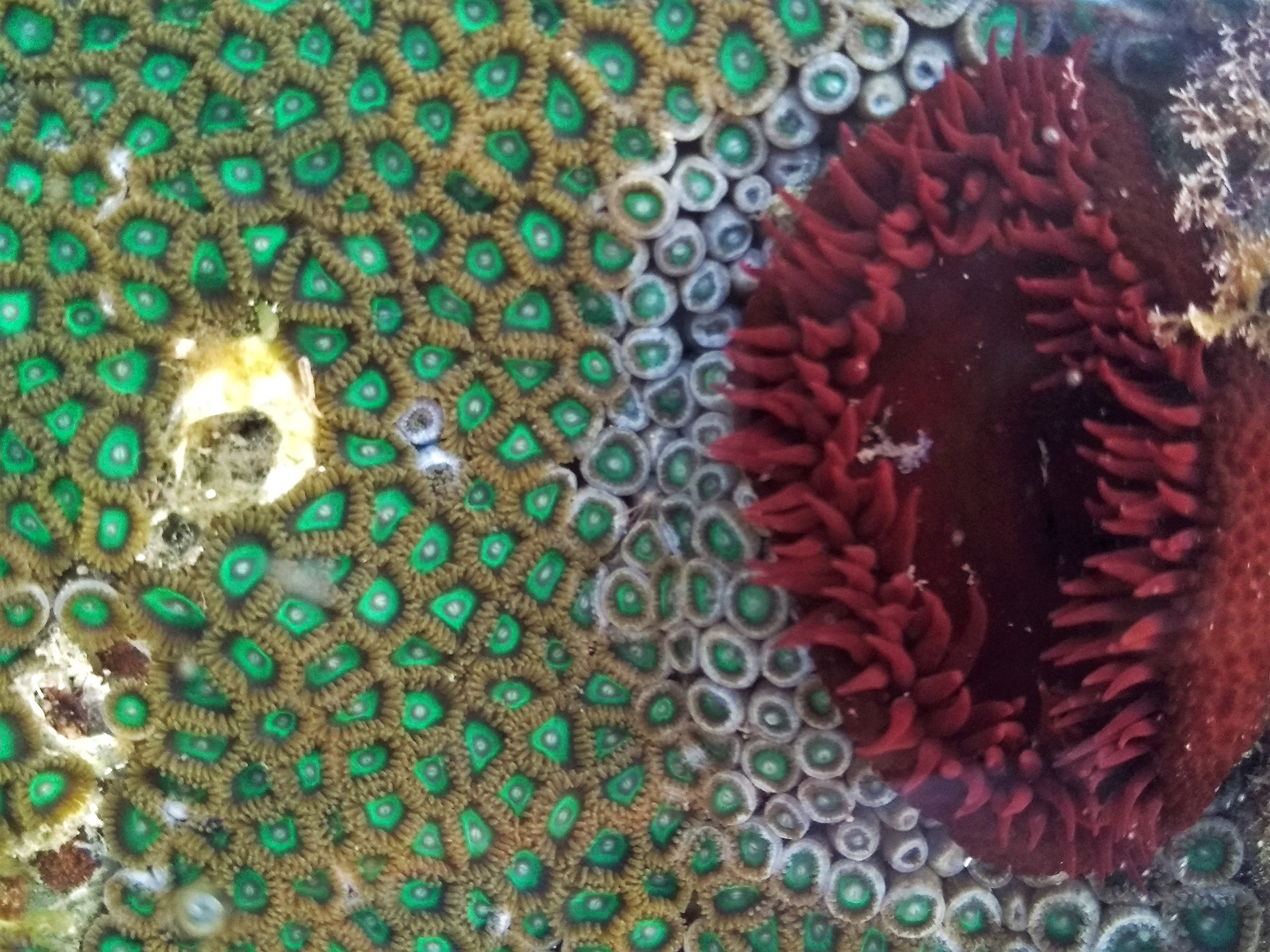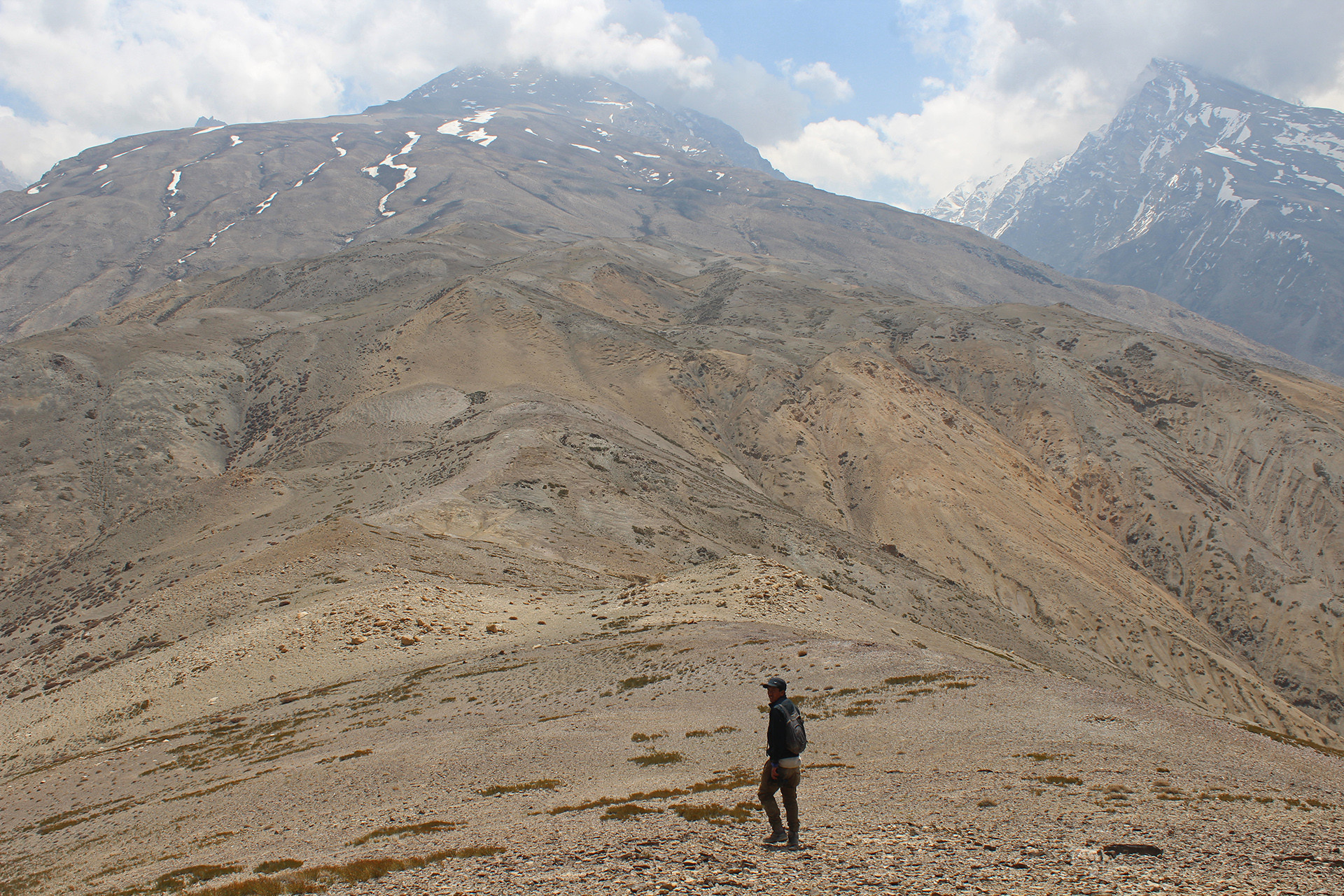Conservation Optimism is a global community dedicated to sharing optimistic stories about conservation and to making people feel empowered to act for nature.
The COVID-19 crisis has affected nearly everyone across the globe, be it physically, psychologically, and/or economically. Evidence suggests the origin of this virus in wildlife (most likely bats), which then passed to an unconfirmed intermediary host before jumping to humans (presumably through consumption of infected wild meat). Whatever it may be, the root cause of this pandemic may well be the consequence of our deteriorating relationship with nature. As human populations expand more and more into wild spaces, the increased exploitation of natural resources and the impact of our actions on ecosystems has thoroughly thrown nature out of balance. The shrinking of the human-wildlife interface and exacerbating stress-related mutations of disease-causing microbes may well be governing the origins and spread of infectious diseases like COVID-19. Now more than ever, we need to work towards fixing this balance and conserving our natural ecosystems, wildlife and with it, human health.
COVID-19 may have significant long-term impacts for humanity, including severe implications for the environment, despite its apparent short-term benefits. Moreover, biodiversity is declining globally at unprecedented rates, and climate change continues to loom over us threateningly. It is hard not to feel an impending sense of doom for the future of our planet and the fate of humanity. Nevertheless, it is important to discuss the relevance of conservation in today’s world, and within it, the excruciating need for optimism.
The conservation conundrum
While being fundamental to human existence, nature can also facilitate human development and provide for a good quality life. Conventionally, conservation has referred to the protection of wildlife and their natural habitats. However, this school of thought often considers humans separate from nature and has led to, in many instances, local communities being unfairly excluded from wild spaces to preserve the latter. There is a growing awareness and acknowledgement that humanity is very much a part of nature and that conservation needs to go hand-in-hand with development and the safeguarding of people’s lives. It is not merely enough to protect nature as a separate entity, we must learn to truly co-exist.
Conserving wildlife, natural landscapes and people sounds wonderful on paper, but it is a daunting task in reality. As the human population expands, our dependence upon nature and natural resources grows, and so does our impact on it. Finding that balance between preserving ecosystems and sustaining the livelihoods and the food security of 7.8 billion people can seem near impossible at times.
Take the fisheries sector, for instance. Marine capture fisheries support the livelihoods of 60 million people and accounts for 17% of animal protein consumed globally. At the same time overfishing is one of the biggest threats to marine ecosystems and has contributed to population decline in sharks, rays, cetaceans, turtles, seabirds and numerous other marine species. How do we protect these species and the ecosystems they call home while safeguarding the lives and food needs of millions across the globe?
Apart from these livelihood and wildlife-related complexities, conservation often requires navigating tough physical and mental health considerations. Mountain ecosystems like the Himalayas present a case in point. Beyond the amazement of the stunning vistas lies a landscape of harsh realities. Field sites can take several days of travel to get to, the temperatures fluctuate between summer highs of +30°C to winter lows of -30°C, and there is an acute lack of oxygen. The experience is physically daunting and excruciatingly isolating.
Conservation is complex, intensely time-consuming and sparingly rewarding. You can spend your whole career trying to protect a species, only to watch it fade away to extinction before your eyes.
Conservation optimism
As nature erodes and the response of humans proves inadequate and/or destructive, it can seem like the only rational response is despair. Yet if one zooms out, a mosaic appears. In amongst the stories of loss, there are inspiring stories of regeneration and positive change, with nature making a difference in people’s lives and people valuing and nurturing their natural environment. Such stories and a network of people who are willing to share and learn from them are valuable assets. We need to learn from these stories, replicate them, and thereby build a world where nature and people can coexist.
This ethos of optimism is a rather overlooked and undervalued concept. Even for the general public, the ‘doom and gloom’ messaging that often accompanies any environment or conservation issue may build a perception of the state of the world that causes more harm than good.
The COVID-19 pandemic represents a great example of this. The fear and uncertainty surrounding this virus and its impacts, not to mention the secondary effects, especially on one’s mental health due to the various lockdowns, food shortages and economic crises, has emphasised the importance of positivity and solidarity amongst people to keep panic at bay.
It was with this mindset that a global community of ‘conservation optimism’ was started. Amongst sentiments of despair are success stories that can be key to safeguarding our planet’s future. The Conservation Optimism movement aims to share and draw inspiration from these positive stories and provide tools and resources to empower people from all walks of life to take action for their planet. All of this while not devaluing the negative stories, rather using them to better understand our failures and learn from our shortcomings.
Towards a billion optimists
Some of the most biodiverse habitats in the world combined with serious human poverty, development concerns, and a growing population of over one billion – India could do with a healthy dose of optimism. In many ways, we are doing well in the conservation field, with a large number of organisations and motivated individuals working towards preserving our natural spaces and communities. Projected to be the most populous country in the world, India still has around ¾ of the world’s tigers and around ½ of the world’s Asian Elephants. However, being a developing nation with a limited governance capacity and where there is rampant exploitation of nature, human-wildlife coexistence is regularly impeded. Often, it is hindered by our cynicism to facilitate the same.
Within these realities, we are hoping to create a hub in India for action-oriented and science-based stories, tools, and resources to inspire, educate, entertain and empower people to make a positive impact for themselves and nature. We aim to facilitate the formation of a network of individuals that support each other, empathise with each other’s realities, learn from failures, and use informed optimism to catalyse their actions.
So what does all this mean for us?
The next few months are critical in tackling the COVID-19 outbreak. Once the dust settles and humanity tries to get its world back on track, we must learn from this crisis and start rebuilding our relationship with nature – and do so with an optimistic framing. Optimism doesn’t mean being idealistic – we need to acknowledge our reality and the things that are out of our control. But there is a lot that is in our hands, and with a more proactive disposition we can achieve a lot more than we imagine.







